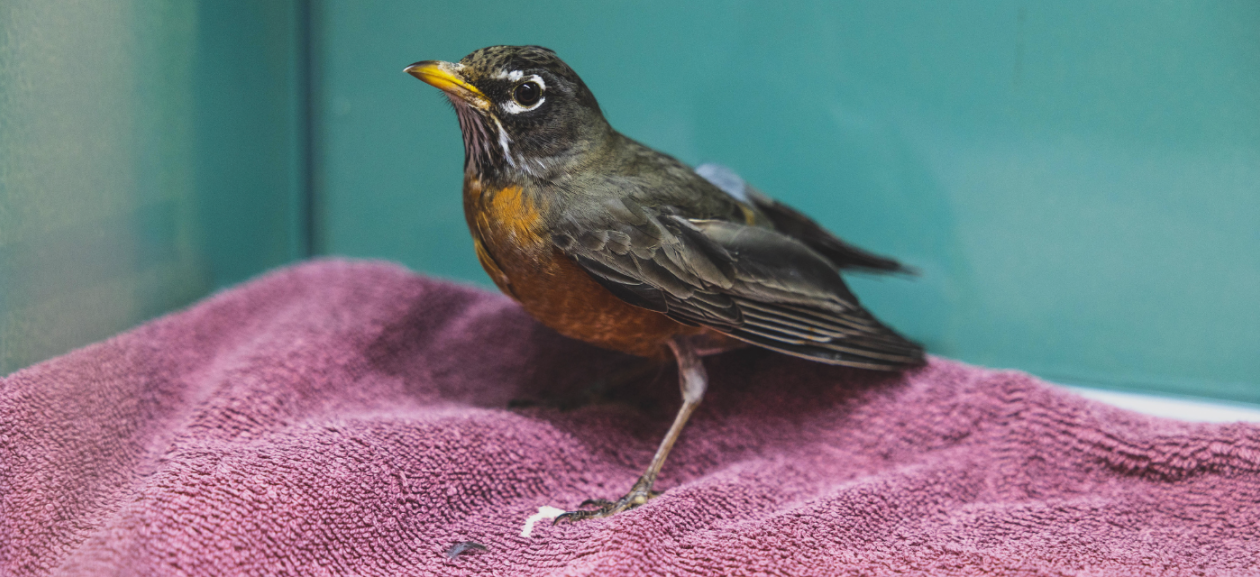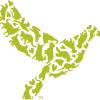
Avian Health Matters: Understanding Cloacal Prolapse in Birds
Owning birds brings a delightful blend of song and color into our lives, but it's equally important to stay attuned to their health needs. Among the various health issues that can affect our avian friends, cloacal prolapse, often referred to as vent prolapse, is a condition that bird owners should be aware of. In this blog post, we aim to broaden your understanding of cloacal (vent) prolapse by discussing what it is, exploring its potential causes, highlighting the symptoms to be alert for in your birds, and crucially, guiding you through the steps to take if you suspect your bird might be suffering from this issue.
Cloacal Prolapse Unveiled:
Cloacal prolapse occurs when the cloaca, a multi-functional opening where waste, urine, and reproductive materials exit the bird's body, protrudes or extends beyond its normal position. This condition can affect various bird species and requires prompt attention.
Causes of Vent Prolapse:
- Reproductive Stress: Birds that are constantly laying eggs or those experiencing hormonal imbalances may be prone to cloacal prolapse.
- Poor Diet: Inadequate nutrition, particularly a lack of essential vitamins and minerals, can weaken the muscles around the cloaca.
- Age and Health Factors: Older birds or those with existing health issues may be more susceptible to cloacal prolapse.
- Egg-Laying Difficulties: If a bird is struggling to lay eggs or is laying unusually large eggs, it can increase the risk of cloacal prolapse.
Signs and Symptoms of Cloacal Prolapse:
- Visible Tissue Protrusion: The most obvious sign is the protrusion of cloacal tissue, which may be red or swollen.
- Discomfort and Irritability: Birds with cloacal prolapse may exhibit signs of discomfort, such as straining or vocalizing in distress.
- Difficulty Defecating: Changes in bowel movements or difficulty passing waste may be indicative of cloacal issues.
- Feather Plucking or Agitation: Birds may exhibit behavioral changes, such as feather plucking or increased agitation, as a response to discomfort.
What to Do If Your Bird Has Cloacal Prolapse:
- Veterinary Consultation: Seek immediate veterinary attention. An exotic pet veterinarian will assess the severity of the prolapse and provide the necessary medical intervention. Treatment may involve addressing the underlying causes, providing pain relief, and in some cases, surgery to repair the prolapse.
Bird Wellness Measures:
- Balanced Nutrition: Offer a well-rounded and nutritionally balanced diet to ensure your bird receives essential vitamins and minerals.
- Limit Egg-Laying Stress: For birds prone to frequent egg-laying, provide a suitable nesting environment and consider consulting your vet for strategies to manage reproductive behaviors.
- Regular Exotics Vet Check-Ups: Schedule routine check-ups with a bird vet to monitor your feathered friend's overall health.
- Environmental Enrichment: Create a clean, stimulating environment with toys and activities to promote mental and physical well-being.
Being a responsible bird owner means staying informed about potential health issues. By recognizing the signs of cloacal prolapse and taking swift action, you can ensure the well-being of your beloved feathered companion. Here's to a happy and healthy journey with your winged friends
Recent Posts
Keeping Your Pets Safe on the Fourth of July
As we gear up for the exciting festivities of Independence Day, it's essential to ensure the safety and well-being of our furry friends. The Fourth of July may be a blast for us, but the loud noises, bright lights, and unfamiliar environment can be extremely stressful for our pets.




